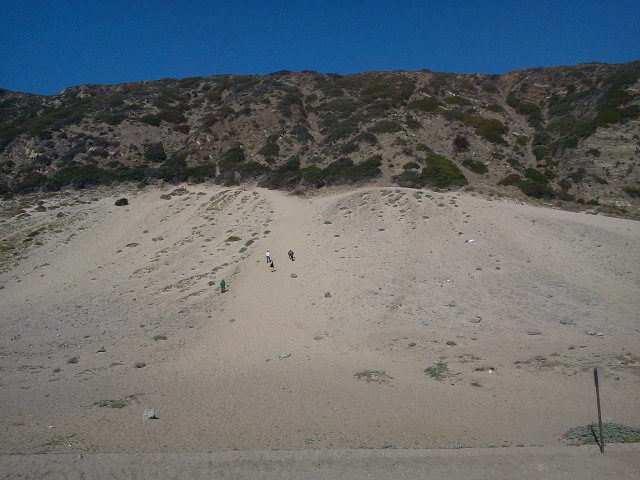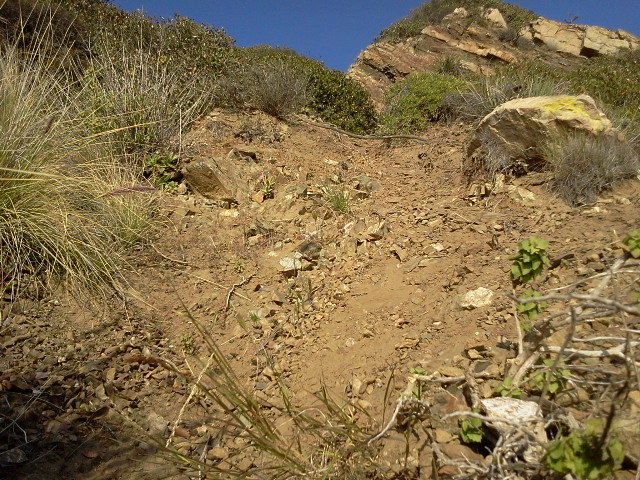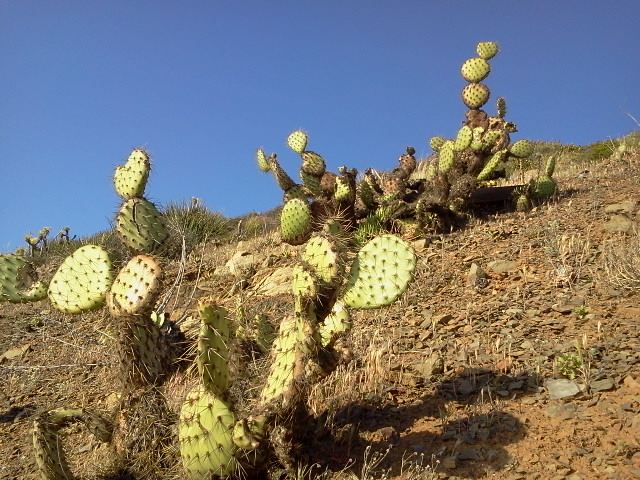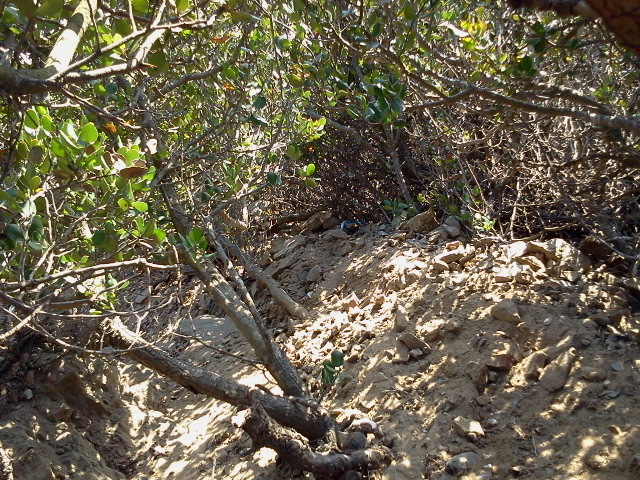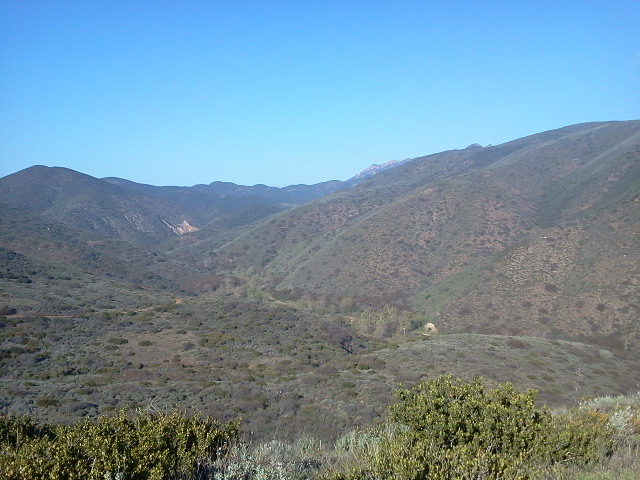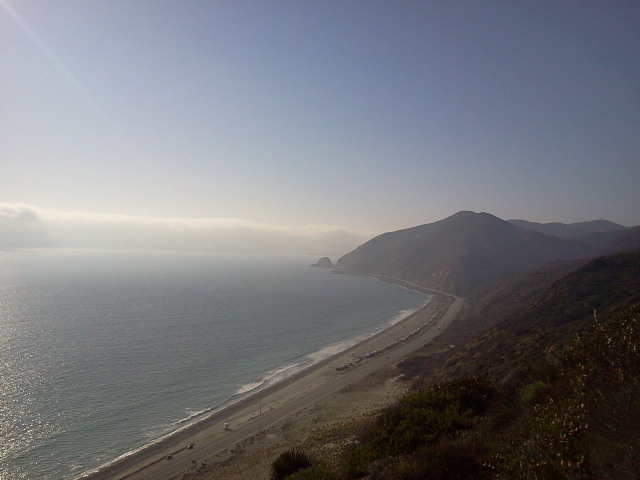In the beginning,
God, Creator, Supreme Spirit,
Formed a perfect world,
Stood back and smiled.
–
Such beauty and perfection
Could not be matched.
It was lovely, it was gorgeous,
And He was delighted.
–
Laughter was heard throughout Heaven.
The angels rejoiced,
And danced among the fresh stars;
Even the solemn and beautiful Lucifer Played his harp.
–
But as he played,
The desire to be praised
Sprouted within his restless heart.
Was he not a beauty among the angels?
–
So it began:
–
Angels were deceived,
And feet were stilled,
Yes, even those feet Which had danced the hardest.
–
And Heaven’s peace
Was split by the cries of war.
Lucifer and his legions;
Took up sword against the mighty Michael.
–
And from His throne,
God watched the battle below.
He knew what was to result.
His army would win,
But only then, the real war would begin.
–
The battle ended,
And Satan fled with his demons.
Michael trembled watching his friend rebel.
How could it happen?
Beauty was now deceiving.
–
The enemy had gone,
But God was the more disturbed,
For He knew what was to come,
And Heaven fell silent.
–
Perfection was yet among the stars,
But no voices were heard now,
No angels danced,
Something was taking place on Earth.
–
To the beautiful Eden,
Where God had placed his prize,
Satan had gone first.
The humans were too innocent.
–
Not knowing fully what had happened,
The angels gaped,
As the human’s souls
Turned suddenly red.
–
Beauty had deceived.
–
Those powerful white creatures
Knew not what to do,
So they turned to God,
And there they saw love, unravel.
–
The Great One came down from His throne,
Hurting and lamenting.
He wailed in sorrow:
His loved ones had died.
–
He shouted to heaven,
And rattled the planets.
The angels stood,
shocked,
How could this have happened?
–
All of Heaven cried,
And God went below to the humans;
So torn, so loving, so angry.
He knew what would happen.
———
As the ages went by,
Perfection left completely.
The earth was reformed,
The heavens were dead.
–
The souls of the humans,
Stayed very red.
But God did not seethe
He only received.
–
Things were different,
Never to be the same.
Hell had been formed.
(At which the angels shuttered.)
–
God had not hardened,
No He was the same.
It was they who were different:
The people on Earth.
–
God’s spirit was white,
Pure and alive.
Theirs were dead.
And their souls were red.
–
Yes God was still giddy,
But not as often,
For His prize still would not soften.
They were separated by a great veil.
–
They had lost all understanding
Of the God they had known,
While in the garden to roam.
They saw Him as angry and harsh.
–
No, He was the same.
It was they who had changed.
They were sinners,
And they were dead.
–
They saw His wrath, yes.
And why not?
They had rejected His perfection.
They had left, they had changed.
They had agreed with Satan.
–
God had created them all
To worship Him.
Yet they set up temples to worship the devil.
And Lucifer smiled, satisfied.
–
But no one knew
That God had a plan.
His love would, in the end, be shown
To even the rebellious ones.
–
Yes, He would go down one last time,
And show them Himself.
He would appear as a human.
And few would know.
–
His plan was clear and His mind set.
He was born of a virgin.
He lived as a carpenter.
And no one, except a few who believed,
Knew who He really was.
–
Yes, God was walking on earth,
And yet He was in Heaven.
–
God was convicted and tried,
And condemned to death.
–
Truth be told,
Their own folly would kill God.
It was Adam who had sinned,
And it was Adam who would kill Him.
–
So the red souls bound Him and stripped Him.
And took Him to death.
It shouldn’t make sense,
And it doesn’t.
–
The Creator created.
The Creation rebelled.
Now the Creation was killing the Creator,
And yet He would save the Creation.
–
And all of Heaven stood still.
Not an angel moved.
Even Hell was oddly silent
Above its screams.
–
Not a star fluttered in space;
It was so calm,
One could almost hear
The planets rotate on their axes.
–
And far down,
On the earth below,
With only a handful of humans observing,
God died.
–
And therein lays the paradox.
How could God die?
Especially after all they had done?
It was the humans who should have died,
Only now, if they repented, they never would.
–
But God could not remain dead.
For in Heaven He was ecstatic.
In one, two, three days,
He would rise, and prove to all
Who really was to be praised.
–
So now to all men, women, and children,
There is a choice.
A choice of worship,
Of agreement.
–
In Heaven the angels dance once again.
God’s joy is overflowing,
His passion revealed,
His love demonstrated.
–
There is a great battle,
Satan continues his struggle,
But we know the end of the story.
God wins.
–
Yet there will be casualties, my friend.
Will you be one?
We are caught between this great battle;
On one side stands Hell, on the other is Heaven.
–
Each of us is given a choice of allegiance.
Who will you choose?
C.D.

